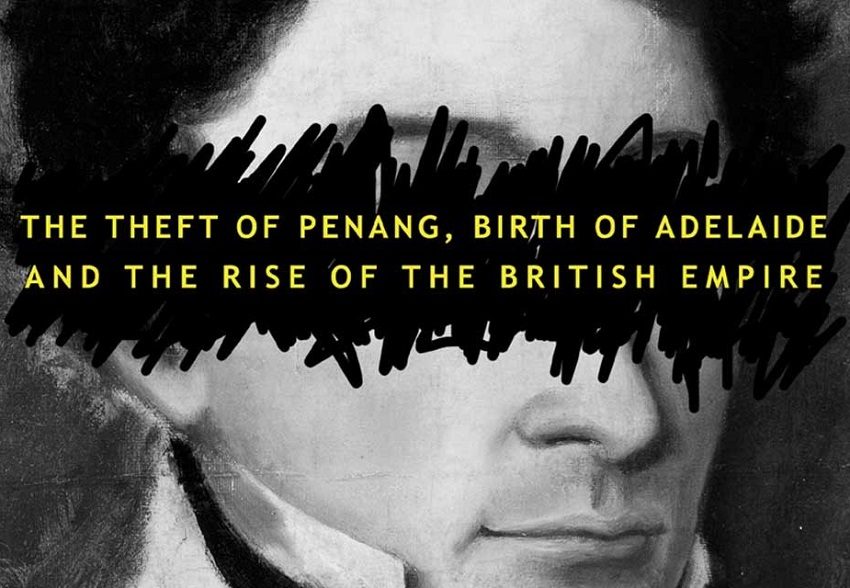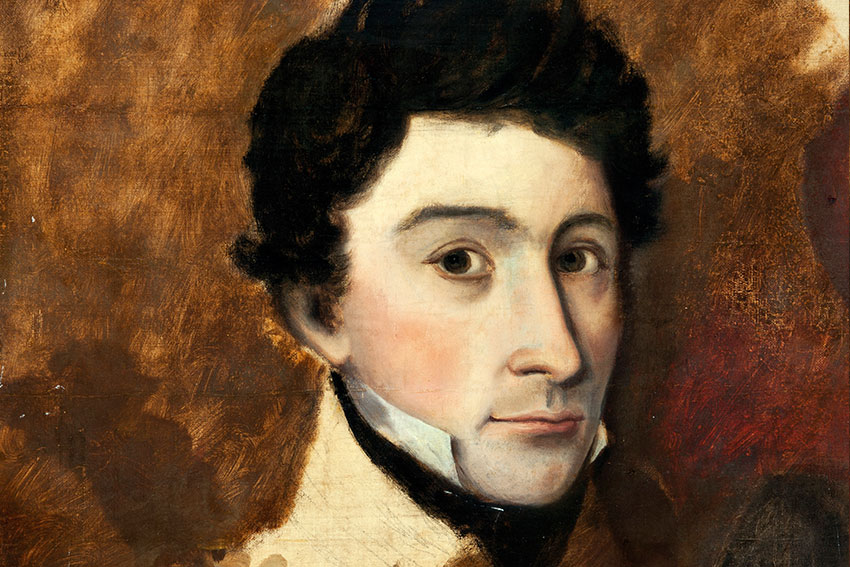OzAsia Review:
Light

In 1786, Francis Light claimed Penang as a British colony, while fifty years later his son William laid out our own city of Adelaide. This father-and-son link between the two cities provides fertile ground for a postcolonial revision of documented and imagined histories in this new work by writer/director Thomas Henning.
Quickly stripping away any romanticised view of the two cities’ origins, the play presents a fractured examination of Francis and William’s trajectories in the context of European expansionism and the opium, arms and spice trade. Importantly, it also offers a point of view from the women and non-Europeans who are left out of the standard modern retelling.
Hallucinatory sequences deliver fragments of time, events, people and places – the play hops between decades and nations, with characters morphing one into another without warning. This postmodern approach forms an overall narrative impression with much room for interpretation, uncertainty and doubt, posing the question of who is remembering history, who is writing it, and who is forgetting.
Cleverly designed sets depict the past through contemporary prisms – a ghetto blaster plays Malaysian news broadcasts, flashing LED signs evoke the Thai island of Phuket, mobile phones offer quick synopses of historical correspondence that would have taken months, and William’s latter years in the play’s stronger second half are set in what could be a modern city apartment.
Junji Delfino’s standout performance as, variously, William’s mother Martinha Rozells, wife Mary Bennet, and nurse/companion Maria Gandy, provides the strongest emotional resonance in the play – these are the times when the narrative fragments begin to coalesce, although resolution remains tantalisingly out of reach.
Also deftly handled is the suffering and loss of the Kaurna people, and the fact that this is so often glossed over – a point underscored as part of a broader theme of colonial destruction and its echoes down the centuries.
At the outset of the performance the audience is confronted with the notion that not one of us would be here, were it not for Light. Although 98 years’ worth of semi-remembered history plays a shade too long, and a little more cohesion might have added some emotional weight, there is something exhilarating in the scope and there is much to reflect on.
A note in the program insert reads, “History is whatever white people said happened,” and verily this play exerts an uncomfortable reminder that everything we enjoy here in Adelaide in 2019 has origins we’d likely rather forget.
Light was performed at Nexus Arts on 19 October as part of OzAsia Festival
